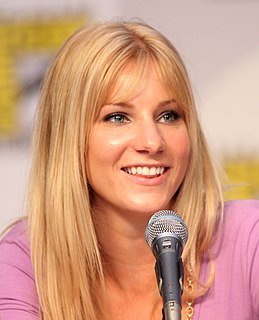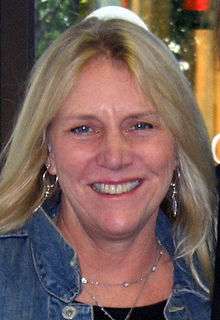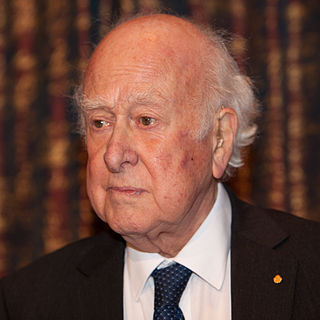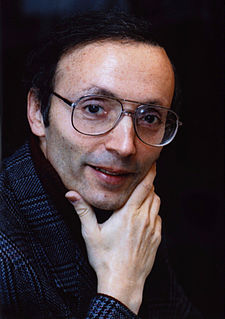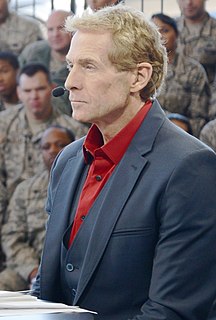A Quote by Omari Hardwick
I took to writing as my medicine to help me stay afloat in acting career journey. I wrote about me breaking hearts, and my heart being broken. I wrote about my views whether they were liberal or conservative. I wrote about everything. I wrote about my life. When I did not have paper coming in as green backs, I'd use random pieces of paper for stories. It was like, I got no money, but I have paper to write. So I wrote.
Quote Topics
About
Acting
Acting Career
Afloat
Backs
Being
Being Broke
Being Broken
Breaking
Broken
Career
Coming
Conservative
Did
Everything
Got
Green
Heart
Hearts
Help
Help Me
Journey
Liberal
Life
Like
Me
Medicine
Money
My Heart
My Life
No Money
Paper
Pieces
Random
Stay
Stories
Took
Use
Views
Were
Whether
Write
Writing
Wrote
Related Quotes
The secret of it all, is to write in the gush, the throb, the flood, of the moment – to put things down without deliberation – without worrying about their style – without waiting for a fit time or place. I always worked that way. I took the first scrap of paper, the first doorstep, the first desk, and wrote – wrote, wrote…By writing at the instant the very heartbeat of life is caught.
At Princeton I wrote my junior paper on Virginia Woolf, and for my senior thesis I wrote on Samuel Beckett. I wrote some about "Between the Acts" and "Mrs. Dalloway'' but mostly about "To the Lighthouse." With Beckett I focused, perversely, on his novels, "Molloy," "Malone Dies," and "The Unnamable." That's when I decided I should never write again.
I wrote a letter to my Dad - I wrote, "I really enjoy being here," but I accidentally wrote rarely instead of really. But I still wanted to use it, so I wrote, "I rarely drive steamboats, Dad - there's a lot of stuff you don't know about me. Quit trying to act like I'm a steamboat operator." This letter took a harsh turn right away.
I always wrote. I wrote from when I was 12. That was therapeutic for me in those days. I wrote things to get them out of feeling them, and onto paper. So writing in a way saved me, kept me company. I did the traditional thing with falling in love with words, reading books and underlining lines I liked and words I didn't know.
It shouldn't be a Higgs field. If it's anybody's, it should be Goldstone field, I think. When Nambu wrote his short paper in 1960, Jeffrey Goldstone of Cambridge University, who was visiting Cern, heard about it. He then wrote a paper which was conceptually similar to what Nambu had done, but a simpler model.
I wrote 'Yellow Submarine' for the Beatles. I wrote the screenplay for 'The Games,' about the Olympic Games. I wrote 'Love Story,' both the novel and the screenplay. I wrote 'RPM' for Stanley Kramer. Plus, I wrote two scholarly books and a 400-page translation from the Latin, and I dated June Wilkinson!
"Only write what you know" is very good advice. I do my best to stick to it. I wrote about gods and dreams and America because I knew about them. And I wrote about what it's like to wander into Faerie because I knew about that. I wrote about living underneath London because I knew about that too. And I put people into the stories because I knew them: the ones with pumpkins for heads, and the serial killers with eyes for teeth, and the little chocolate people filled with raspberry cream and the rest of them.
I wrote a huge number of letters that spring: one a week to Naoko, several to Reiko, and several more to Midori. I wrote letters in the classroom, I wrote letters at my desk at home with Seagull in my lap, I wrote letters at empty tables during my breaks at the Italian restaurant. It was as if I were writing letters to hold together the pieces of my crumbling life.







